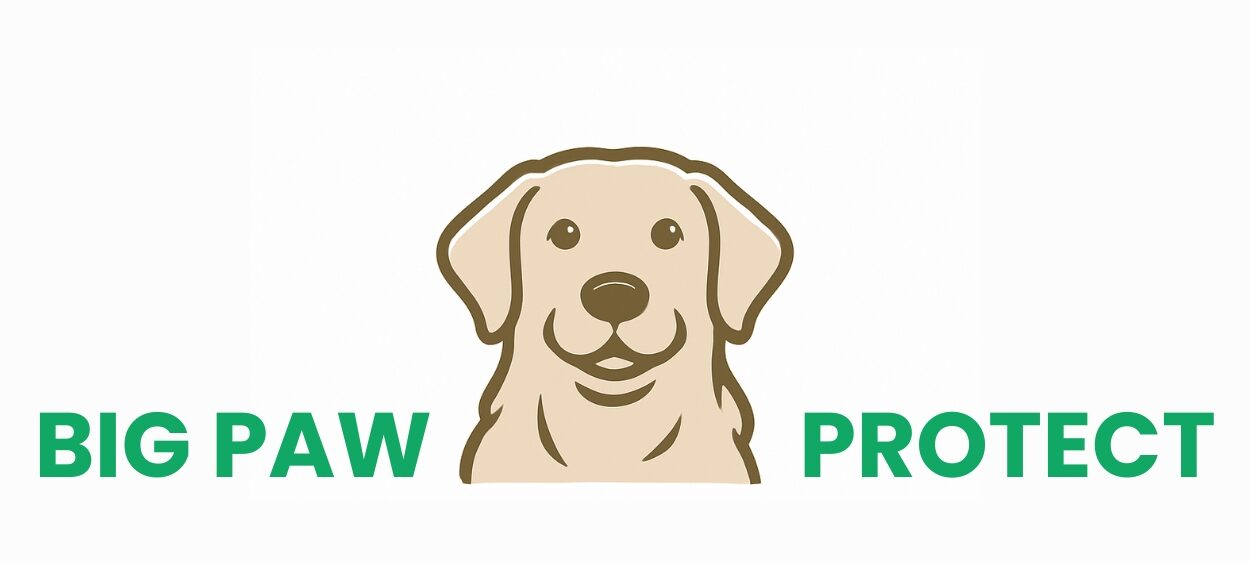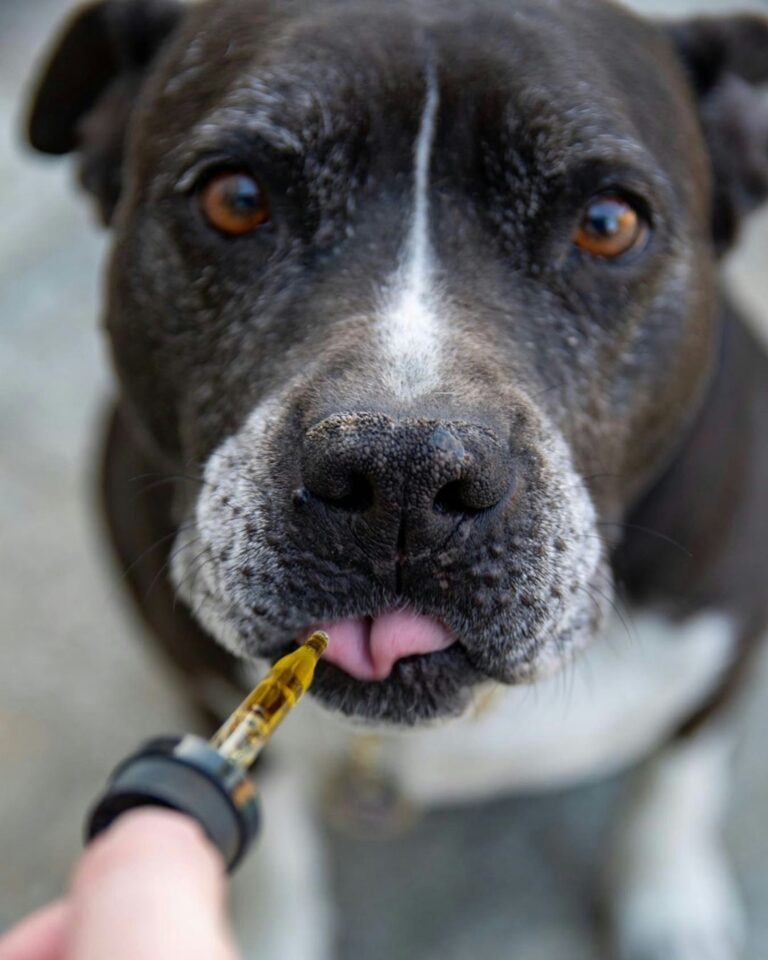Large-breed dogs make wonderful companions — full of love, loyalty, and personality. But because of their size, they can face a few health challenges along the way. The good news is that with a little extra care and some smart choices, you can help prevent problems, save on vet bills, and keep your big buddy happy and healthy for years to come.
1. Hip and Elbow Dysplasia
What it is:
Big dogs sometimes struggle with hip or elbow dysplasia, a genetic condition where the joints don’t form quite right. Over time, this can lead to pain, stiffness, and even arthritis, making it harder for your pup to move around comfortably.
Prevention Tips:
- Start early with a large-breed puppy formula that has the right balance of calcium and phosphorus to support healthy growth.
- Add joint supplements like glucosamine and chondroitin to keep cartilage strong and flexible.
- Keep your dog at a healthy weight, since extra pounds put extra stress on those joints.
Affiliate Products:
- VetriScience GlycoFlex – a trusted supplement for everyday joint support.
- Nutramax Dasuquin – vet-recommended for keeping hips and elbows moving smoothly.
2. Bloat (Gastric Dilatation-Volvulus)
What it is:
Bloat is a scary, life-threatening condition where your pup’s stomach twists and fills with gas. It’s especially common in deep-chested breeds (looking at you, Great Danes, Dobermans, and German Shepherds). Think of it as your dog’s stomach throwing a temper tantrum and holding all the gas hostage.
Prevention Tips:
- Smaller, frequent meals –. try Slow Feeder Bowls for Large Dogs
- No gym time after dinner – avoid zoomies, fetch, or wrestling right after eating. (Your dog’s tummy doesn’t like doing burpees either.)
- Know the signs – restlessness, drooling, and a swollen belly are big red flags. If you spot them, it’s vet time immediately.
Tip:
Did you know some pet insurance plans cover emergency surgery for bloat? Check out Large-Breed Dog Insurance Options—because peace of mind is priceless (and surgery is very not cheap).
3. Obesity 🐾
What it is:
Extra pounds aren’t just about looks — they put extra strain on your dog’s joints, heart, and organs. Large breeds are especially at risk since they tend to have slower metabolisms (basically, their “internal engines” run at a cozy, slow pace). Think of it like a doggy version of carrying around a backpack full of bricks 24/7.
Prevention Tips:
- High-quality large-breed dog food — gives your dog the nutrients they need without extra calories.
- Regular exercise — tailor it to your dog’s breed, age, and personality. No one-size-fits-all workout here.
- Limit high-calorie treats — they may look cute begging, but those treats add up fast.
Affiliate Products:
- Royal Canin Large Breed Adult Dog Food — think of it as a gourmet meal that’s scientifically designed for your big buddy’s size and needs.
- Hill’s Science Diet Large Breed — nutrition that keeps your pup strong without the extra fluff (literally!).
- Zuke’s Mini Naturals Training Treats — tiny treats that pack big training power without tipping the calorie scale — perfect for keeping tails wagging without expanding waistlines.
4. Heart Disease
What it is:
Certain large breeds (think Dobermans, Great Danes, and Boxers) can be more prone to heart conditions like dilated cardiomyopathy. That’s when your pup’s heart muscle becomes stretched and weak — basically like a balloon that’s been blown up too many times. Yikes.
Prevention Tips:
- Regular vet checkups with cardiac monitoring — early detection is your dog’s best defense.
- Maintain a healthy weight and activity level — keep your pup fit, happy, and heart-strong.
- Supplements like omega-3 fatty acids — these healthy fats can support cardiovascular health.
Affiliate Products:
- 🌊 Nordic Naturals Omega-3 Fish Oil — like a spa day for your pup’s heart, brain, and joints, all in a tasty capsule.
5. Arthritis and Joint Pain 🦴🐾
What it is:
Large dogs often develop arthritis as a result of extra weight stress and years of joint wear-and-tear. Think of it like your pup’s knees saying, “Hey… we’ve been at this a long time. Can we get a break?” — and they deserve it.
Prevention Tips:
- Maintain a healthy weight — lighter bodies mean happier joints.
- Provide joint supplements — these can help keep cartilage happy and flexible.
- Regular, low-impact exercise — swimming, gentle walks, or slow play keep joints moving without overdoing it.
Affiliate Products:
VetriScience GlycoFlex — think of it as a comfort upgrade for your dog’s joints, helping them move more freely and happily.
Nutramax Dasuquin — joint support that works like a personal trainer for your dog’s knees, without the yelling.
6. Preventive Care and Insurance 🩺🐶
Why it matters:
Preventive care isn’t just about keeping vet visits to a minimum — it’s about catching problems early so your pup can enjoy more happy, healthy tail wags. Large breeds especially benefit from specialized insurance plans that can help cover costly treatments. Think of it as giving your dog a safety net (and your wallet some peace of mind).
Specialized coverage for large breeds can include:
- 🦴 Joint and hip treatments — because big dogs need strong foundations to keep moving.
- ⚡ Emergency surgery (bloat, injuries, etc.) — lifesaving support when seconds matter.
- 🩺 Preventive care visits — early detection keeps small problems from becoming big ones.
Affiliate Tip: Give yourself extra security by protecting your pup with Specialized Large-Breed Dog Insurance.





